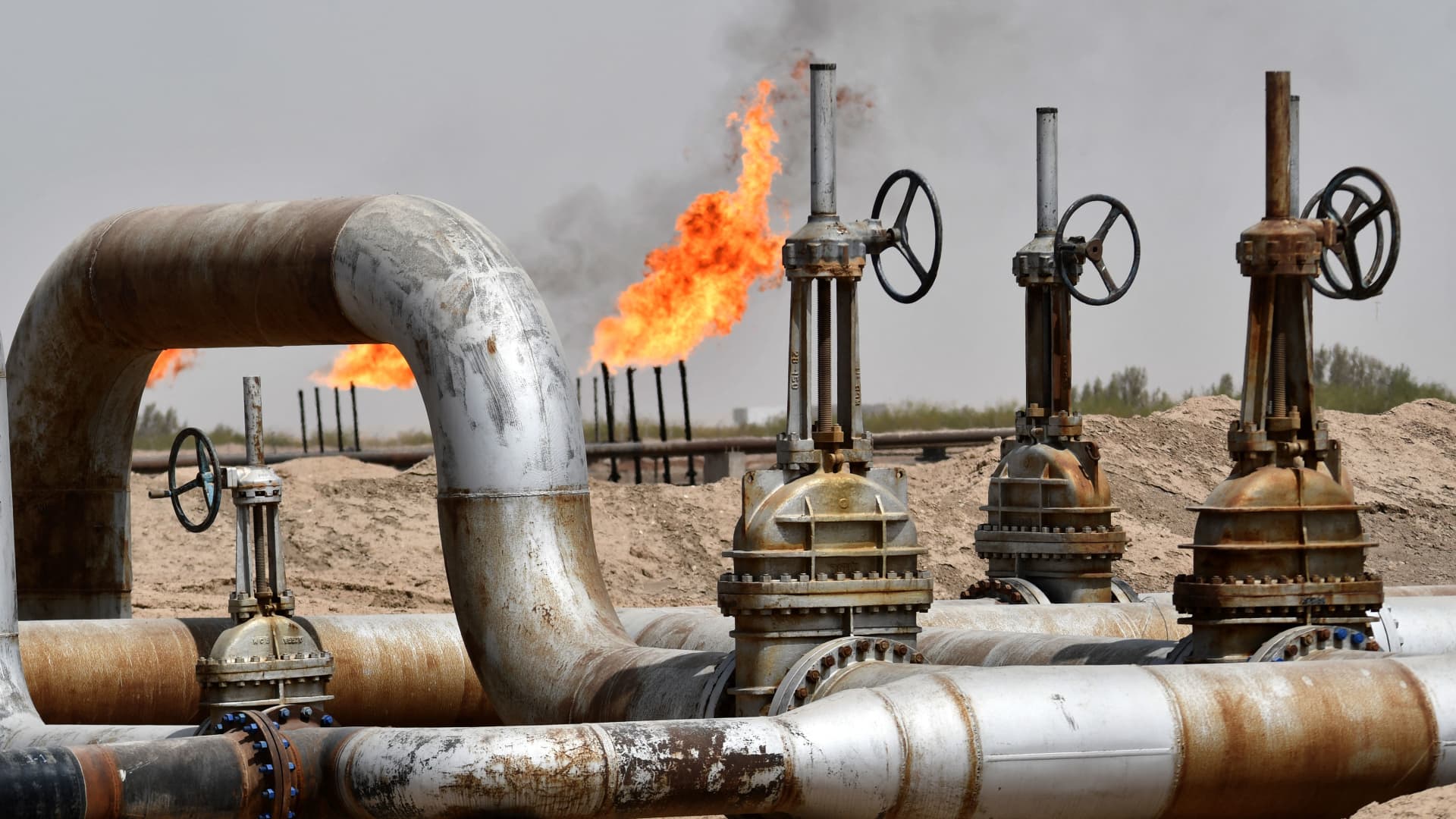Energy
Monday, August 8th, 2022 7:50 am EDT

Getting solar farms up and running ASAP is an important goal for climate change. There are a lot of ways to hasten the process of building solar farms. One way is to have the government invest in them. Another way is to create incentives for private companies to build them. But, no matter where the money comes from, we also need to focus on building them faster and getting onto the next farm.
Fortunately, a company backed by Bill Gates recently invested in another company that could push solar construction in the right direction.
Recently, Terabase Energy announced a $44 million Series B investment co-led by Breakthrough Energy Ventures and Prelude Ventures, with additional participation from SJF Ventures and other previous investors. The fund brings Terabase’s total amount of money to $52 million. Its goal with all this money? Lowering the cost and increasing scalability of solar power plants by developing a digital and robotic automation platform for the development, construction, and operation of utility-scale PV power plants.
“In recent years, the solar industry has been focused on technological improvements of solar panels and other hardware components while the means and methods of engineering and construction have been largely unchanged. The way the industry designs and builds large scale projects needs to be rethought if we are to reach the very rapid growth required to meet net-zero goals,” said Carmichael Roberts, Breakthrough Energy Ventures. “To enable the Terawatt-scale deployment of solar needed to decarbonize, we believe a breakthrough is needed to transform how PV power plants are built. Terabase’s solution has tremendous potential to reduce costs and accelerate the deployment of large scale solar, and we look forward to working with them on that mission.”
The company’s first digital platform for managing the entire project life cycle of utility-scale solar and its integration with a construction automation system have revolutionized how large solar power plants are built. By using Terabase’s automated field-factory, which can work 24 hours a day, seven days a week, solar farms can significantly compress building schedules and lower expenses while yet maintaining higher build quality. The use of robotic machinery will also increase worker health and safety by eliminating manual lifting of heavy panels and steel components under often harsh outdoor conditions.
Terabase is working with project developers, owners, and engineering and construction firms to help them design, optimize, and deploy large-scale solar projects across the world. Terabase’s integrated solution will be fully commercialized in 2023 following the company’s first commercial project, which is planned for 2021 and will be the largest deployment of robotics in solar plant construction to date.
“Our only hope to truly solve the climate crisis is to deploy clean technologies at a much larger scale to reach different areas of the economy than before. The Terabase platform is an exciting innovation to deploy more solar faster and we are delighted to be a Terabase partner,” said Sheldon Kimber, CEO of Intersect Power, a Terabase customer company.
We do have to keep in mind that talk is cheap, and we’ve seen a lot of seemingly innovative companies come and go in the CleanTech space over the years. But, this is definitely one we need to keep an eye on and see how it goes.
Image by Sigma64, Creative Commons License.
Appreciate CleanTechnica’s originality and cleantech news coverage? Consider becoming a CleanTechnica Member, Supporter, Technician, or Ambassador — or a patron on Patreon.
Don’t want to miss a cleantech story? Sign up for daily news updates from CleanTechnica on email. Or follow us on Google News!
Have a tip for CleanTechnica, want to advertise, or want to suggest a guest for our CleanTech Talk podcast? Contact us here.
Advertisement
This post has been syndicated from a third-party source. View the original article here.




